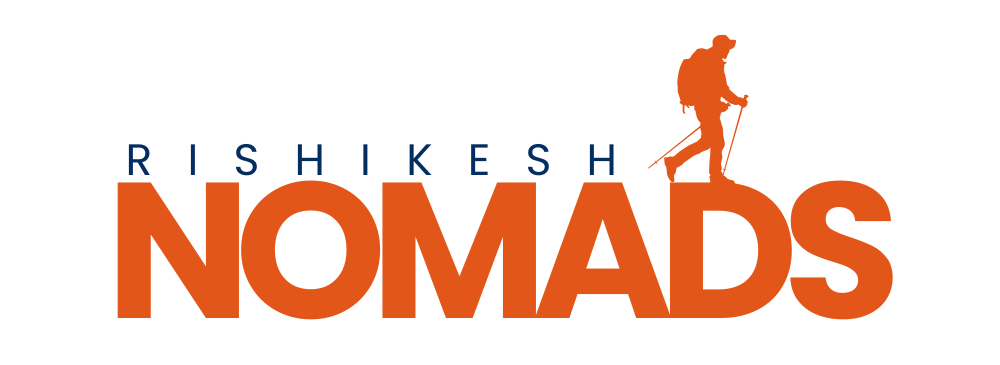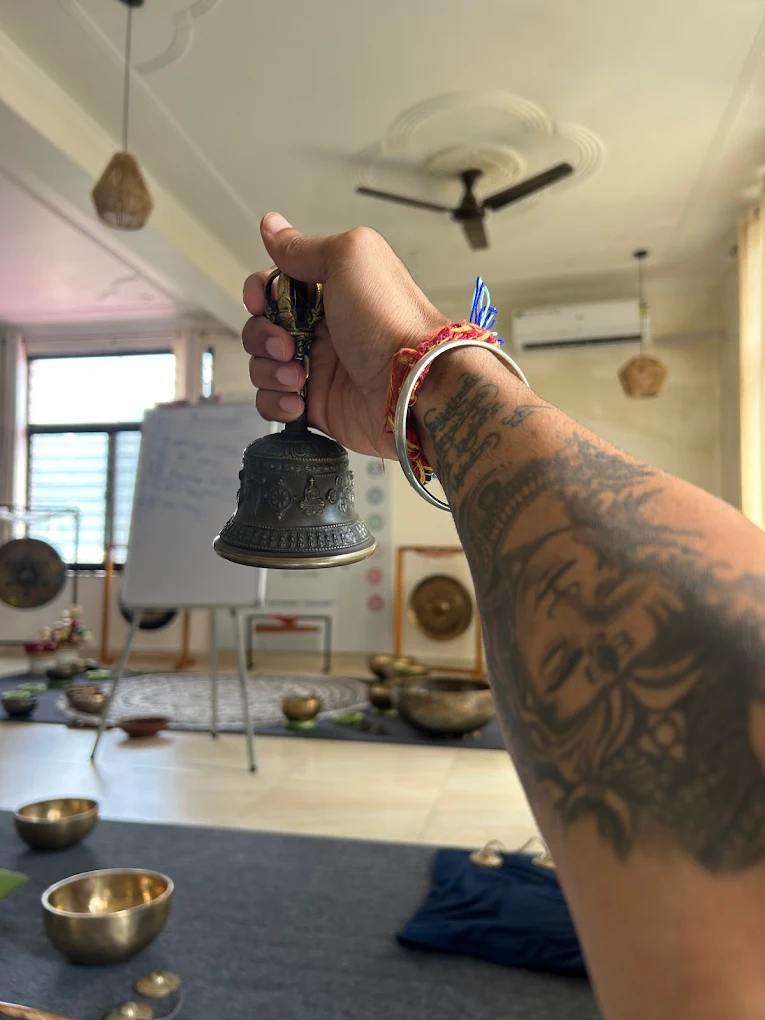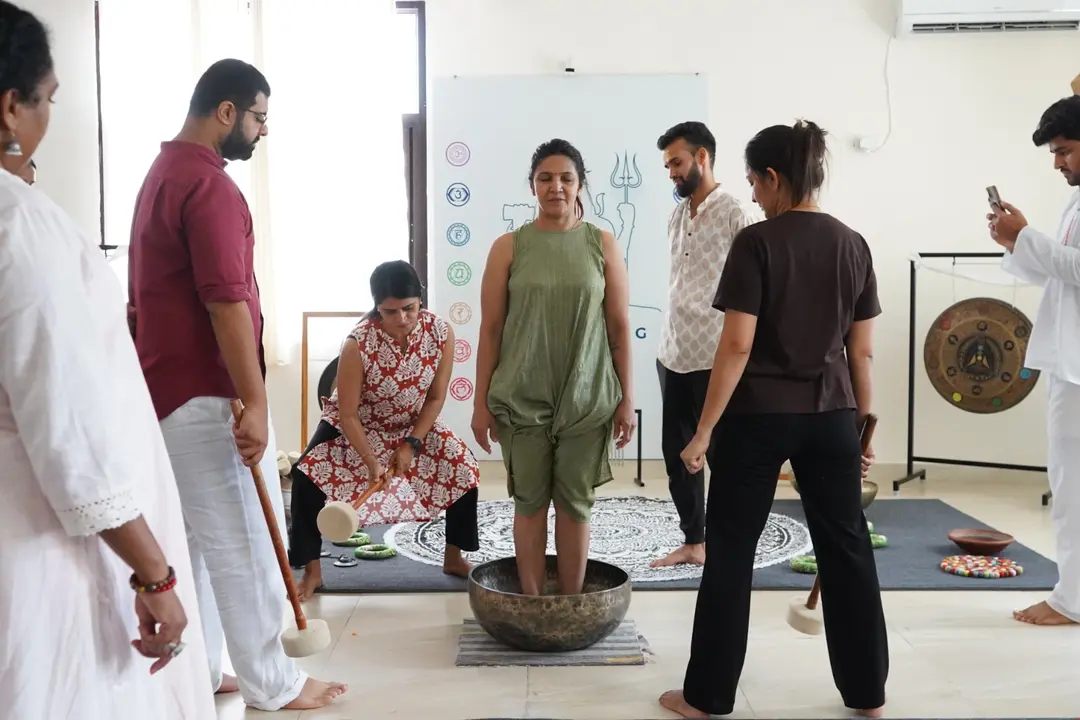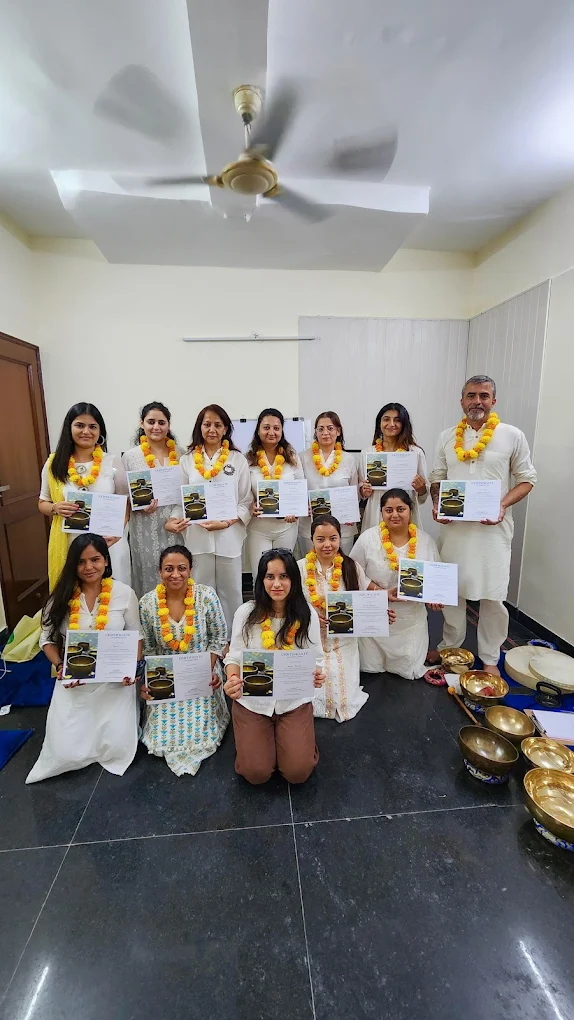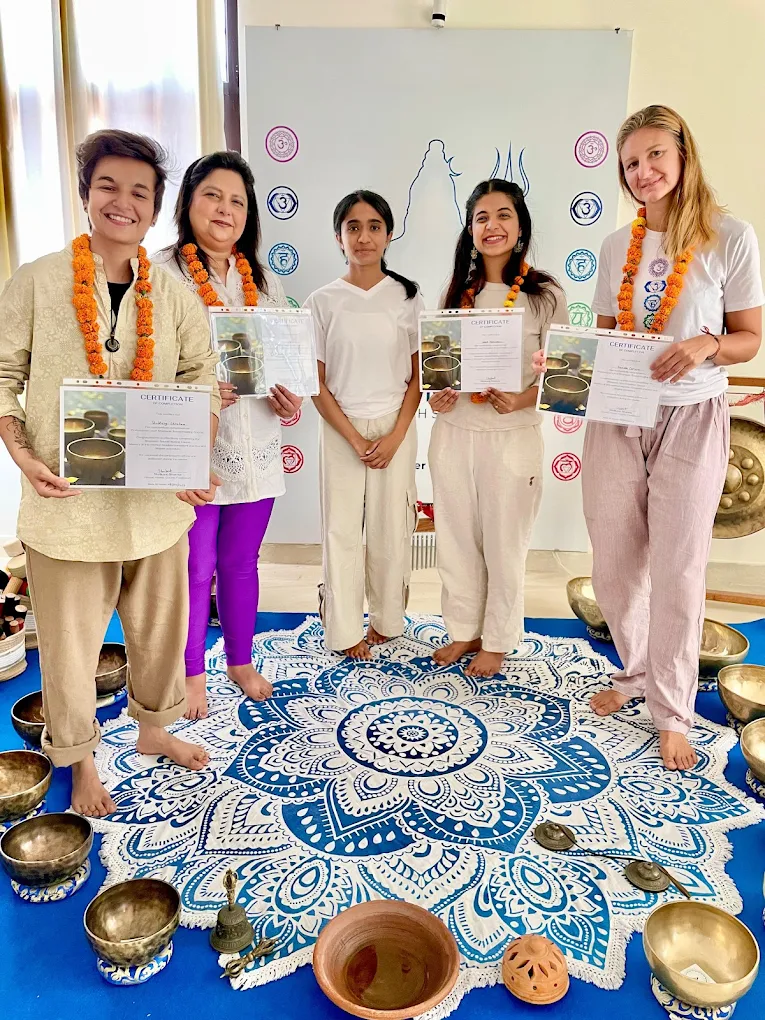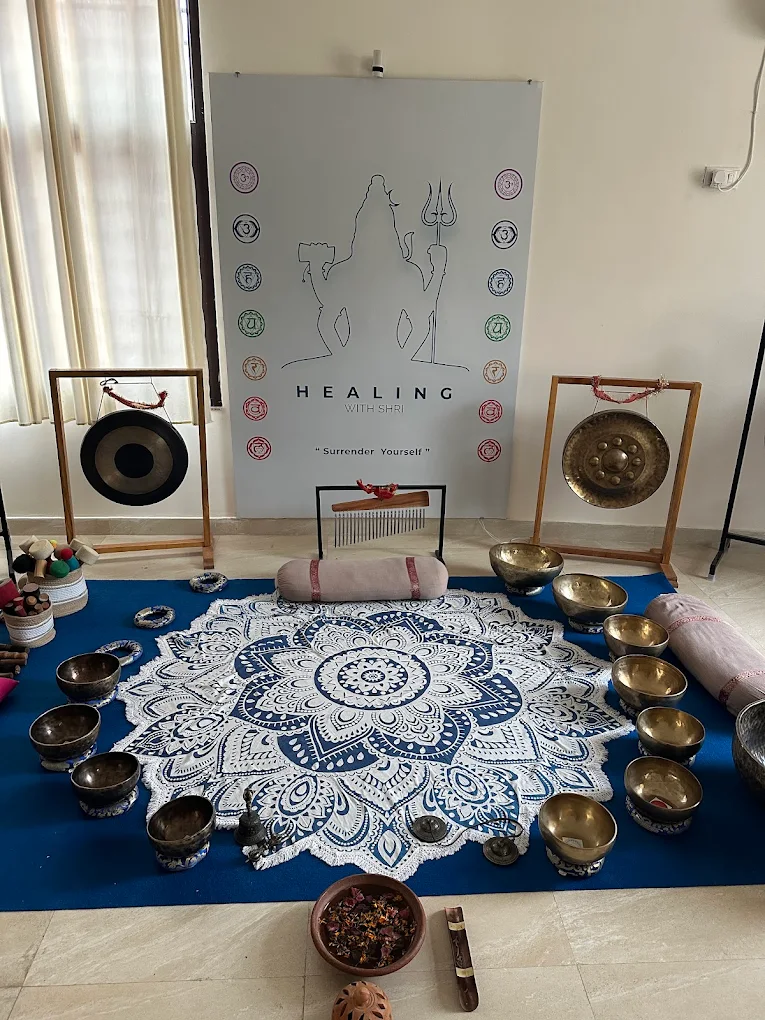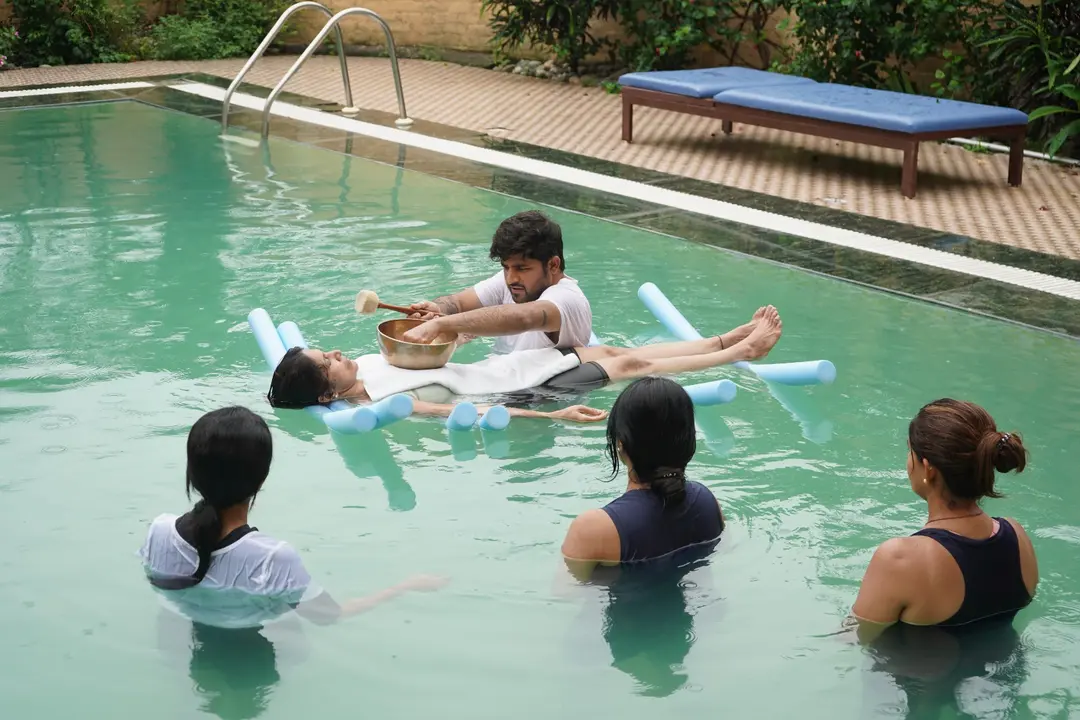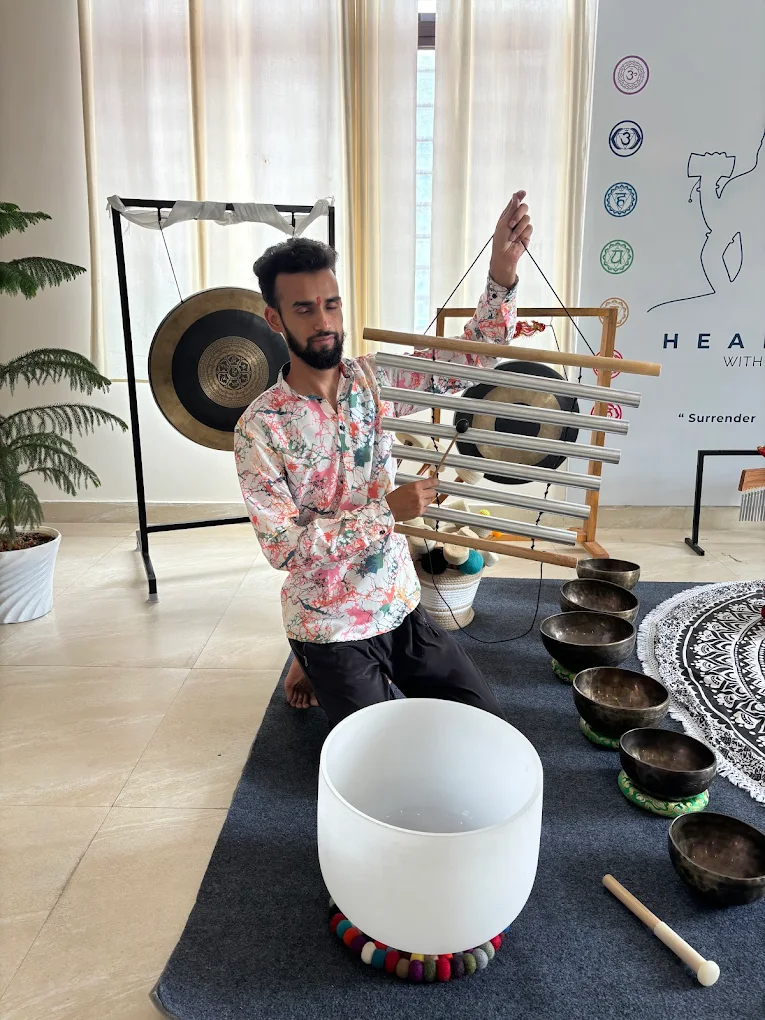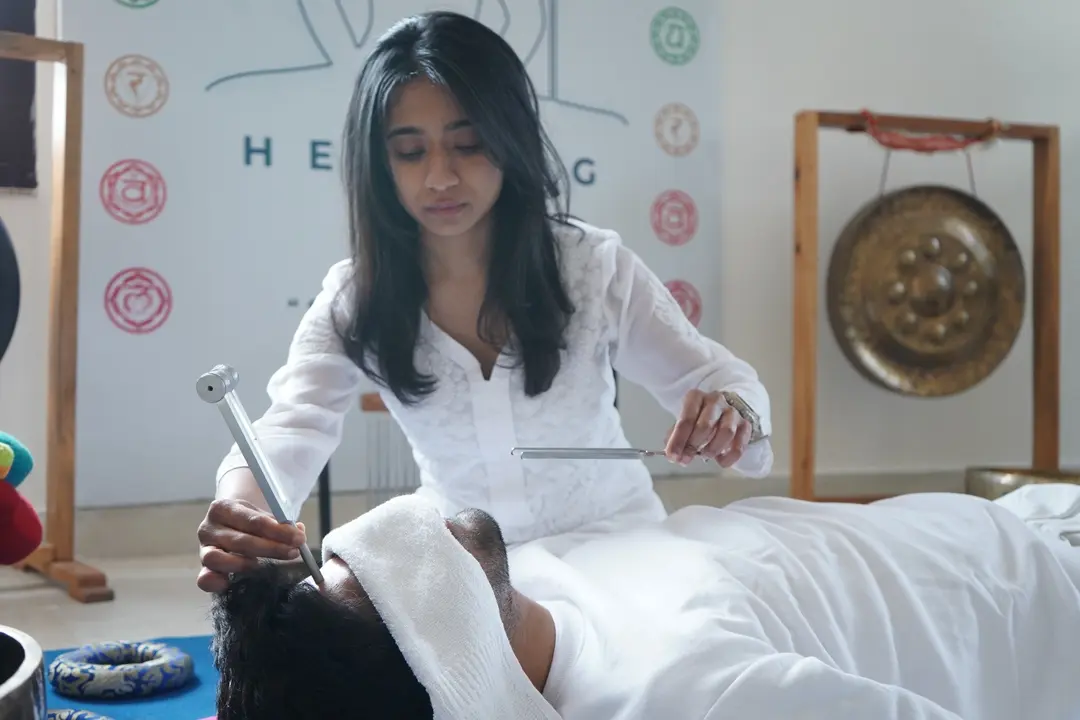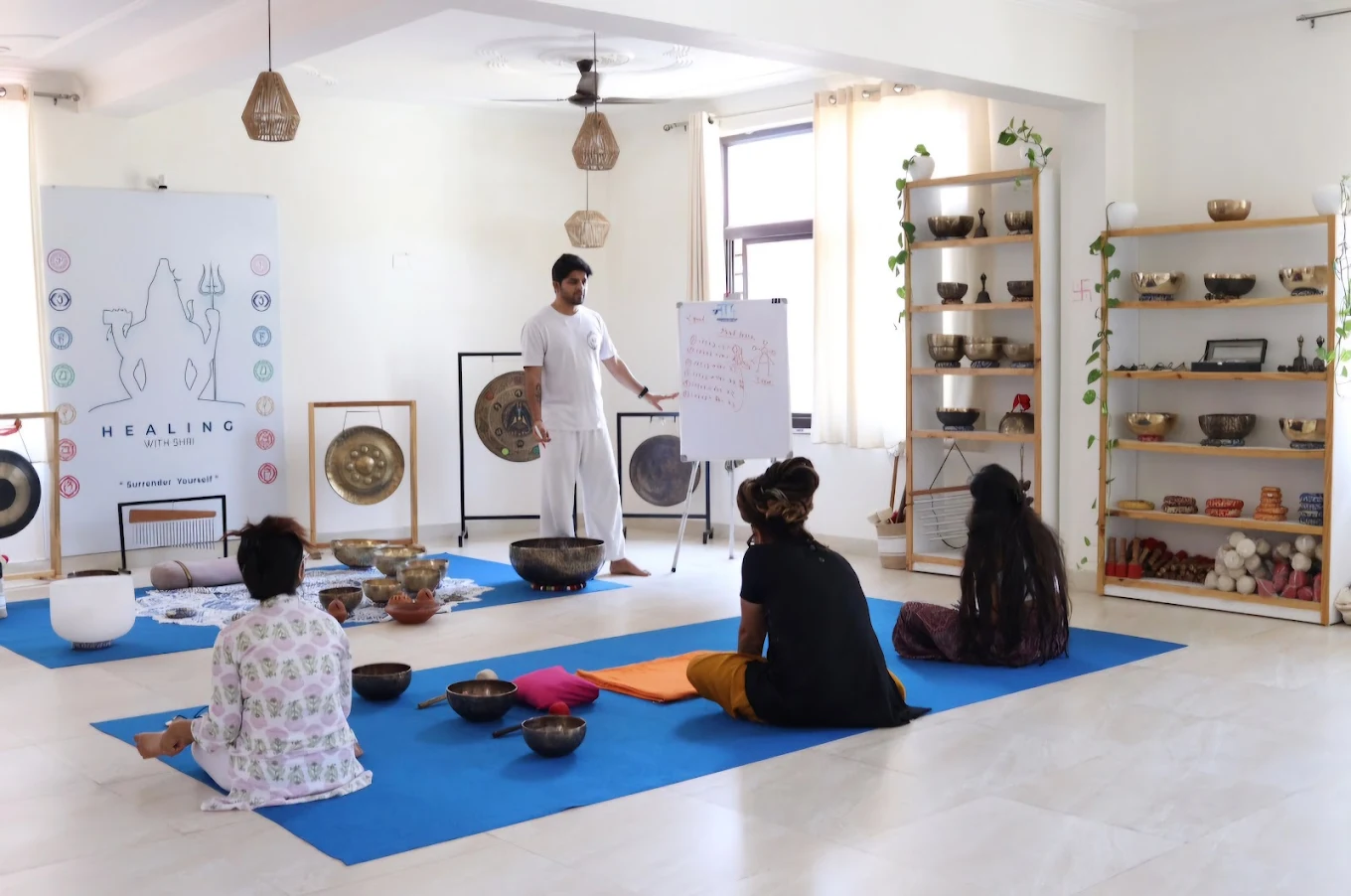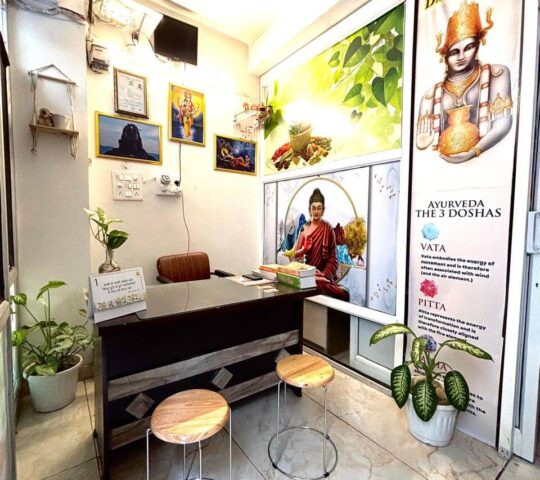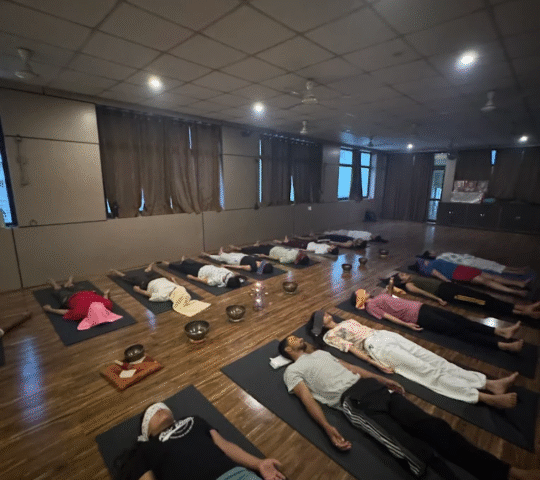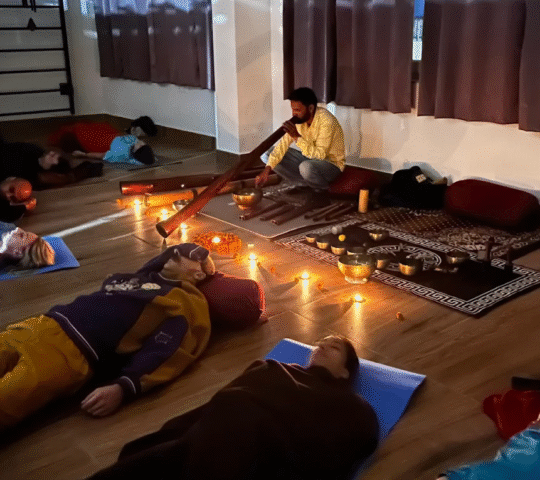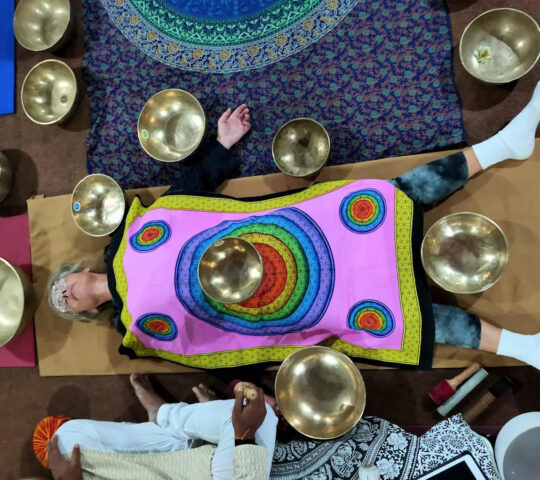Naada Sound Healing School
Naada Sound Healing School is a sanctuary in Rishikesh where ancient vibration practices meet modern exploration. Founded by Shrikant Sharma and Meghana Sanath, we offer certified training, healing sessions, and retreats rooted in the yogic science of sound. Whether you’re a curious traveler, a spiritual seeker, or a budding healer, our approach blends tradition and experiential learning to help you access inner harmony, balance, and self-transformation.
We are trusted because:
-
Deep lineage + modern insight — Our founders complement each other with Shrikant’s yogic mastery and Meghana’s scientific grounding.
-
Certified & transparent programs — You’ll receive recognized credentials and a clear roadmap for your growth.
-
On-the-ground presence across India — We regularly teach in Rishikesh and Mysore, and extend select workshops to Mumbai, Delhi, Bangalore, and more.
-
Holistic, immersive learning — Expect hands-on experience, theory, sound instruments, guided meditations, and ongoing support.
What We Offer
Here’s how you can step into sound with us:
-
Sound Healing Courses & Certification — From foundational to advanced levels, geared toward personal healing and teaching.
-
Individual Healing Sessions — One-on-one sound baths, vibrational healing, and tailored therapeutic sessions.
-
Retreats & Workshops — Deep dives (weekends to weeks) combining yoga, mantra, Nada practice, and sound immersion.
-
Public Events & Sound Journeys — Occasional concerts, kirtans, and sound baths open to all.
Contact
FAQ's
What is “Naada” (or Nāda) and why does it matter?
“Naada” (from Sanskrit) literally points to the union of breath (nāda) and energy — the primal vibration that underlies all existence. In practice, Naada is the sacred sound or vibrational resonance that aligns our mind, body, and spirit. When breath and energy flow freely, sound becomes a healing medium.
Do I need musical or yoga experience to join your courses?
No prior experience is required. We welcome beginners as well as intermediate practitioners. Our structure gently introduces you to voice, instruments, and sound theory, so you build confidence from the ground up.
What types of instruments or modalities do you teach?
We work with a variety of sound tools and approaches: Tibetan and crystal singing bowls, gongs, tuning forks, mantra chanting (voice vibration), Nada Yoga practices, and guided sound baths.
Where are your courses offered (locations and schedule)?
Our core campus is in Rishikesh, where we run regular intensives and retreats. We also host select workshops in Mysore, and occasionally in Mumbai, Delhi, Bangalore, or other cities by demand.
How long are the training programs?
We offer flexible formats — short 5–7 day immersions, 10–14 day certification tracks, or extended retreats. (For example: a 14-day sound healing teacher training is often offered in Rishikesh.)
Will I receive a certificate, and is it recognized?
Yes. After successful completion, you'll receive a certificate from Naada Sound Healing School. Our curriculum aligns with internationally accepted sound healing and yoga-sound standards so it can support your credibility as a practitioner.
Can I do just the healing sessions without enrolling in a course?
Absolutely. You can book individual sound healing or sound bath sessions with us anytime—great for rest, recalibration, or travel recovery.
How do courses compare (in cost, structure) with other sound healing schools in India?
India has many sound healing schools (e.g. Himalayan Academy of Sound, Samaveda, etc.). What sets us apart is our blended founder vision, localized bases, continuing support, and intentional curriculum that balances soul + structure. (We strive to keep pricing fair and transparent.)
Do you offer online or hybrid versions of your courses?
Yes, from time to time we offer hybrid or online modules—especially for theory, voice techniques, and sound healing foundations. Practical parts are best experienced in person.
What should I bring (or prepare) if I attend in Rishikesh?
Bring light, comfortable clothing; a journal; water bottle; modest yoga/meditation wear; (if you have) your own small percussion or bowl; and openness. We stay close to nature—expect barefoot walks, Ganga visits, and silent listening.
